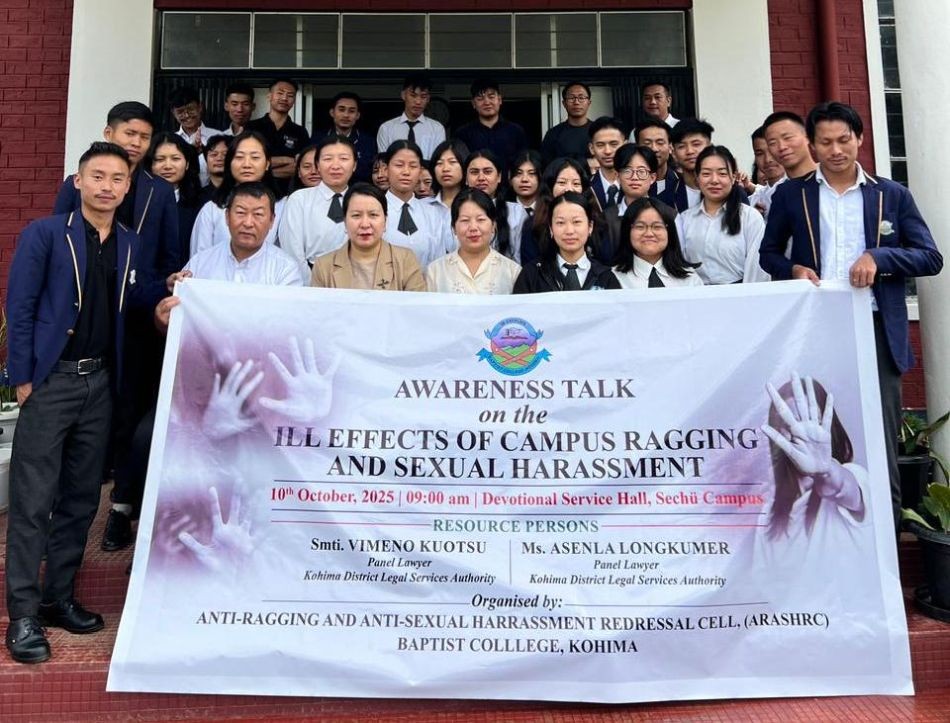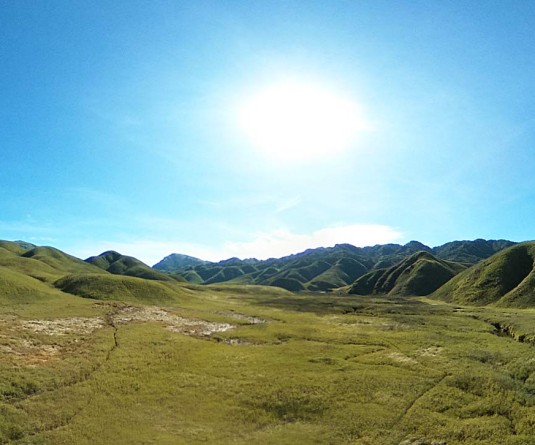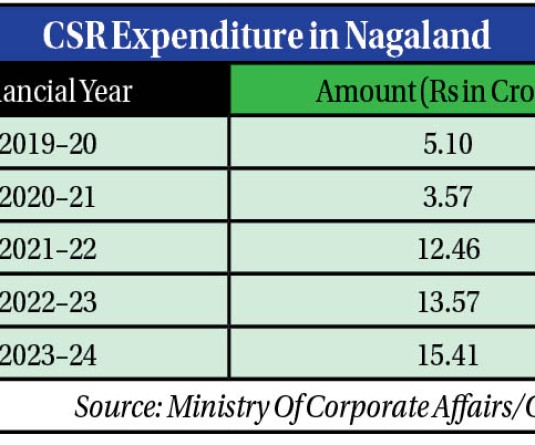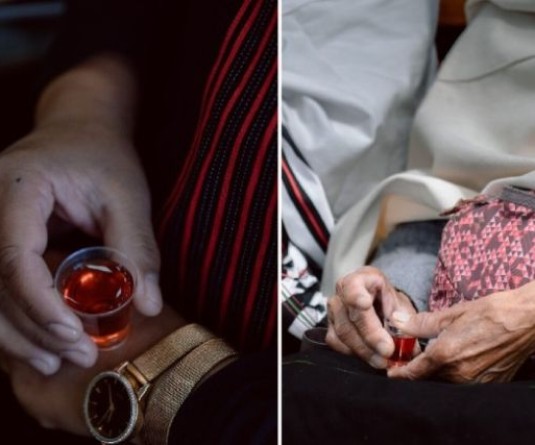Officials and participants of awareness talk on ill effects of campus ragging and sexual harassment on October 10.

Kohima, October 12 (MExN): An Awareness Talk on “The Ill Effects of Campus Ragging and Sexual Harassment” was organized by the Anti-Ragging and Anti-Sexual Harassment Redressal Cell, Baptist College, Kohima on October 10 last.
The program was held at Devotional Service Hall, Sechü Campus with Dr. Ghunato Neho, Assistant Professor, Department of English., serving as the Chairperson.
The event started with welcome address by Dr. Kekuchol Pusa, Convener of the Cell. In his remarks, he emphasized the need for continuous dialogue and education on the issues of ragging and sexual harassment within academic spaces.
He acknowledged that some incidents often go unreported due to fear, stigma, or lack of awareness.
Highlighting this concern, he noted that the primary objective of the program was to educate students and staff about the harmful effects of these practices and to encourage a culture of openness, support, and accountability.
The first session was conducted by Vimeno Kuotsu, Panel Lawyer, Kohima District Legal Services Authority (KDLSA), who spoke on the topic of Sexual Harassment.
She said that sexual harassment can occur anywhere, whether in workplaces, educational institutions, or public spaces, and that recognizing and addressing such behavior is crucial for ensuring safety and dignity for all.
Kuotsu provided an overview of the legal framework governing sexual offences, explaining the transition from the Indian Penal Code (IPC) to the Bharatiya Nyaya Sanhita (BNS) in 2023.
She highlighted three key sections and discussed their definitions, core elements, and prescribed punishments: Section 294: Concerns obscene acts and songs in public spaces, Section 354: Addresses assault or use of criminal force against a woman with intent to outrage her modesty and Section 79: Covers acts such as stalking or verbal abuse intended to insult the modesty of a woman.
In addition, she presented a detailed explanation of the Protection of Children from Sexual Offences (POCSO) Act, 2012, outlining the legal definitions of child sexual abuse, child-friendly procedures for reporting and trial, institutional responsibilities, and the stringent penalties imposed on offenders. She underscored that awareness of these laws is essential for both prevention and timely intervention.
‘Ragging is a serious criminal offence’
The second session was led by Asenla Longkumer, also a Panel Lawyer with KDLSA, who addressed the issue of Campus Ragging.
She explained that ragging is not limited to physical acts but includes all forms of exploitation, such as verbal, emotional, psychological, and even financial exploitation, including exhortation.
She emphasized that such practices cause deep and lasting harm to victims, often leading to trauma, post-traumatic stress, physical injuries, and, in severe cases, even suicides.
Longkumer also highlighted that ragging is a serious criminal offence under Indian law and that all colleges and universities are now legally required to establish a strict Anti-Ragging Cell to prevent and respond to such incidents.
She urged participants to adopt a zero-tolerance attitude toward ragging and to promote a supportive and respectful campus environment.
An interactive Q&A session followed, during which participants raised pertinent questions regarding complaint procedures, the possibility of anonymous reporting, and the institutional mechanisms in place to handle such cases.
The speakers encouraged everyone to be proactive in standing up against harassment and ragging.
The program concluded with vote of thanks by K. Peter, Assistant Professor, Department of History.






